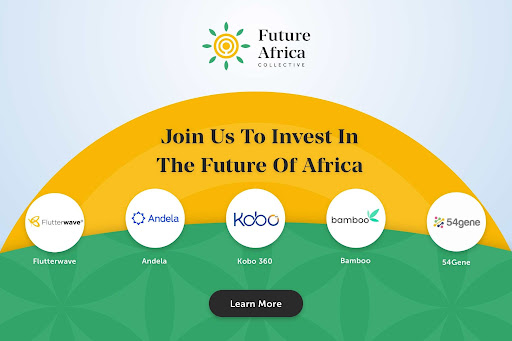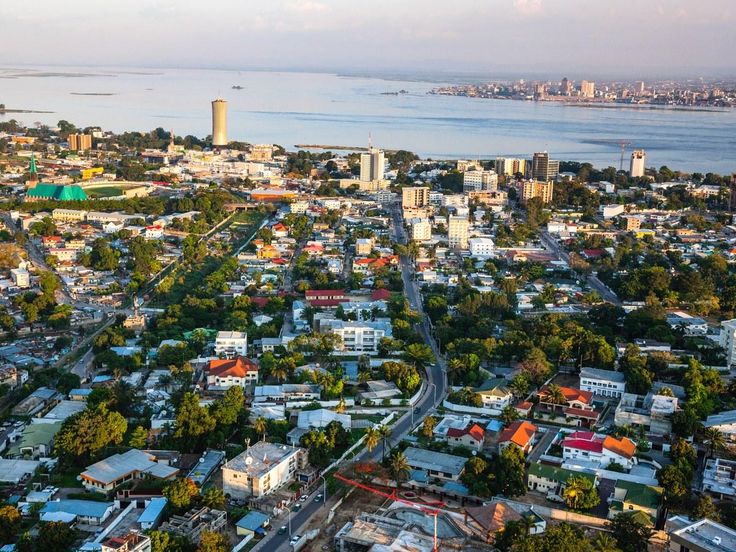
IN PARTNERSHIP WITH

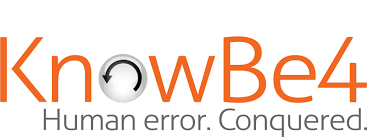
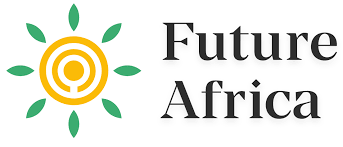
Good morning ☀️ ️
Earlier this year, Twitter announced a new monetization feature: Twitter Tips.
If you think you sew great threads, you’ll soon be able to reap them too with Tips which allows followers to tip their favourites for their wits.
The good news is that we’re getting in on it too. Chipper Cash just announced that it would be the first and only accepted platform geared towards serving users on the content.
Guess it’s time to up my Twitter game and release everything in my drafts.
In today’s edition:
- #FOC2021 is happening today!
- Quick Fire 🔥
- Zola Electric raises $90m to light Africa up
- Phishing out scams
- TC Insights: Funding Tracker
- Tech Probe
#FOC2021 IS HAPPENING TODAY!
 |
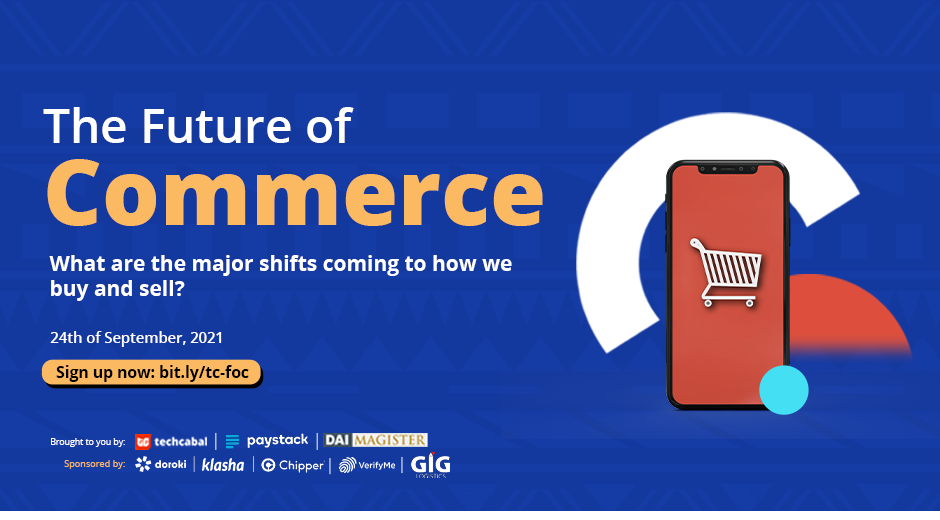
The Future of Commerce is finally happening today! The conference will start at 9 am (WAT) so best to join in early so you don’t miss a thing.
Today, we’ll be speaking with some of the most brilliant minds across the continent, and they will share their thoughts and insights on the future of buying and selling in Africa.
These include Shola Akinlade, Co-founder and CEO at Paystack; Ray Youssef, CEO at Paxful; Onyekachi Izukanne, CEO of Tradedepot; Isaac Kamuta, Group Head, Client Access and Cash Management at Ecobank; Marcello Schermer, Head of International Expansion at Yoco; Nkebet Mesele – Senior Director (Solutions Management), VISA Sub-Saharan Africa and many others.
You can view the agenda for the conference here.
If you haven’t registered, you can still sign up here. If you’ve registered, share with as many people in your network who you think should also attend.
The Future of Commerce is brought to you in partnership with DAI Magister and Paystack and is sponsored by Doroki, Chipper Cash, Klasha, VerifyMe, and GIG Logistics.
QUICK FIRE 🔥 WITH NZWISISA CHIDEMBO
Nzwisisa (a.k.a Nzwi) is on his way to helping build and scale 50+ tech-enabled businesses across the African continent.
He is an internationally published author with a passion for aligning people, processes, and technology. Nzwi is a former tech startup founder with work experience across Africa, North America, Asia, and the Middle East.

Nzwi, explain your job to a five-year-old
I work with the bravest and smartest founders in building businesses that will positively change the fortune of Africa.
What’s something you wish you knew earlier in your career/life?
Small and consistent efforts eventually move mountains.
What African tech sector do you think needs a boost and why?
I believe the blockchain or crypto sector needs a boost from African regulators. Initiatives within this sector have the potential to accelerate Africa’s development in a similar way to how mobile technology has positively impacted our fortunes.
What (singular) achievement are you most proud of?
Being recognised as a young global ICT leader by the International Telecommunications Union (ITU). The ITU is the most influential technology policy formulating body in the world.
Tell us about something you love doing that you’re terrible at. And tell us about something you really do not like doing that you’re great at.
I love doing DIY home improvement projects but I find myself having to revisit some of my “completed” projects a bit too often.
I really don’t enjoy public speaking but many have echoed how well I excel at it. I prefer making my impact in the background.
What’s one piece of advice you think every developer should take?
Developers have a bad rap of being difficult to work with. Those that intentionally address this industry weakness naturally stand out.
ZOLA ELECTRIC RAISES $90M TO LIGHT AFRICA UP
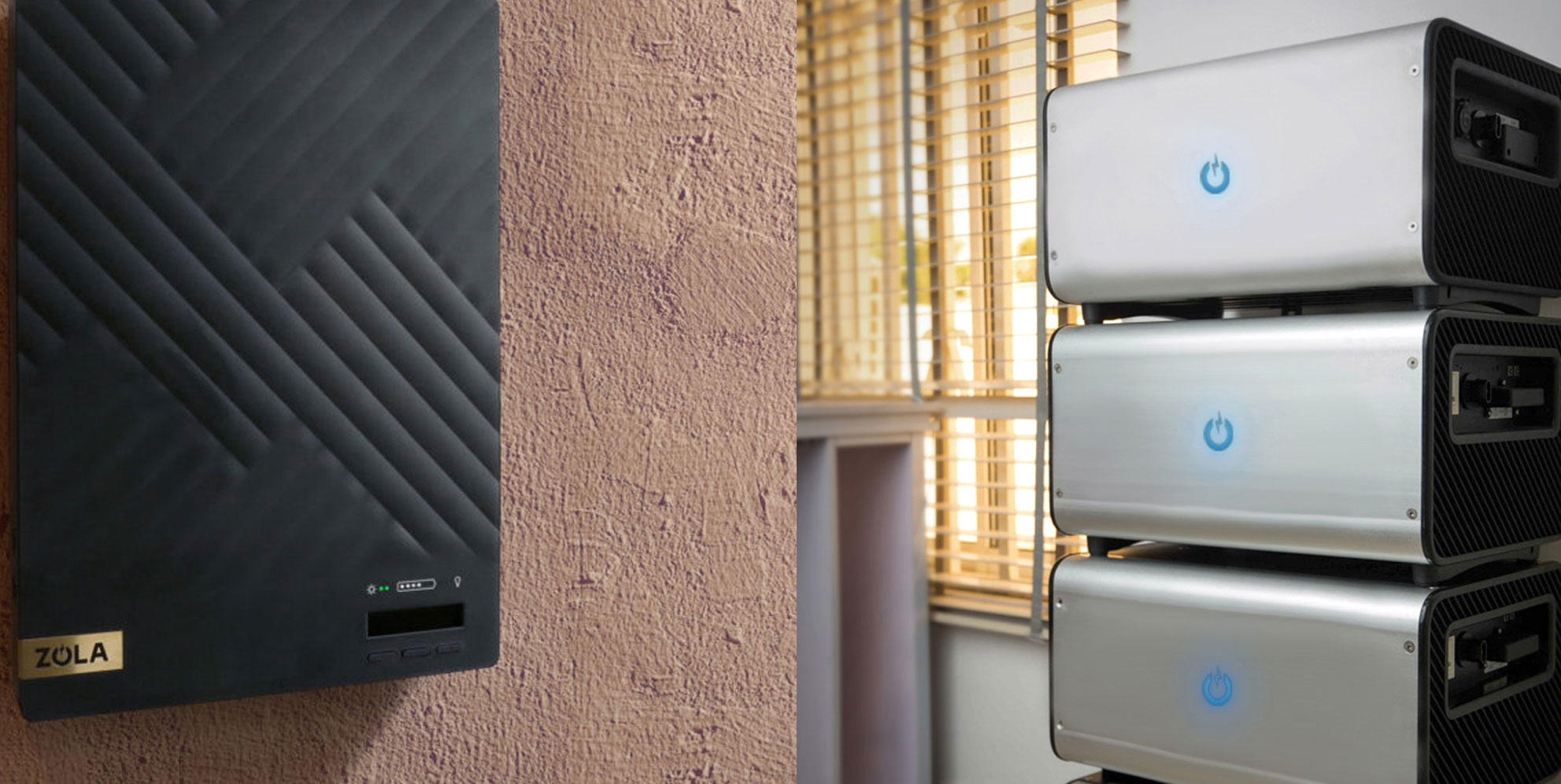
There are at least 700 million people in sub-Saharan Africa living without access to electricity.
Zola Electric, a renewable energy provider, wants to reduce that number and it just may succeed too. The company has just raised $90m in new funding to drive expansion into new markets where renewable energy is needed.
The round was led by TotalEnergies Ventures, DBL Partners, Helios Investment Partners, Vulcan Capital, and Electron Capital Partners.
Backstory: In 2011, Zola entered the Tanzanian markets with one goal: to provide solar home solutions to communities that were disconnected from the national grid.
At that time, only 14.2% of the Tanzanian population was connected to the national grid, so Zola had quite the challenge and opportunity in its hands. It soon found out that a single product wouldn’t satisfy its large target market and so it moved to diversify its offerings.
How Zola is lighting Africa up
Since launch, not only has Zola’s portfolio expanded, its presence has also grown into other African countries including Cote d’Ívoire, Ghana, Namibia, Nigeria, and South Africa.
To hear Zola Electric say it, they’re a tech company whose products can solve energy access problems in almost any market.
Now, their main offering is Infinity, a product that can power any home or office appliance while integrated into any energy source – solar, grid, or battery.
Read more: Zola Electric closes $90M funding round to scale technology and enter new markets.
Increase your online sales with a Paystack Storefront – a free, beautiful seller page that helps you bring creative ideas to life.
🏾 Learn more at paystack.com/storefront
This is partner content.
PHISHING OUT SCAMS
“Dear reader, I do not come to you by chance. My name is Nonya Bizness and I’m here on behalf of the [insert organization] to officially notify you that we have been authorized to transfer your scholarship/inheritance/winning of $300,000 to you. In order to proceed, however, we need certain information from you.”
If you’ve ever received an email like this out of the blue, then you’ve experienced phishing before.
Phishing, also called email-scam, is a method of trying to gather personal information by sending deceptive e-mails to target recipients. These emails always have calls-to-action that require their victims to send personal information which is used to clear out their bank accounts and records.
It’s one of the oldest internet scams, dating back to the ‘90s, and perhaps remains one of the most prevalent cybercrimes. It’s also one of the most costly cyber crimes too.
How much is lost to phishing?
Every minute, $17,700 is lost to phishing attacks.
Between 2013 and 2018, over $12bn was lost to phishing, and last year, amidst the pandemic, phishing scammers made over $1.8bn.
What about Africa?
All over the world, Africans – especially Nigerians – are stereotyped as the highest perpetrators of internet scams. One thing that’s not as highlighted is just how much such scams are prevalent on the continent as well.
Over a million phishing attacks were recorded in South Africa in the first half of 2021. In Kenya, the number is close to 600,000 phishing attacks, and it’s around 400,000 in Nigeria. That’s a combination of over two million attacks in the first half of the year from the three biggest African markets.
While there’s no way to stop scammers from sending phishing emails, there are certain ways to prepare and make sure individuals and businesses stop falling victim.
Damilare Dosunmu examines them in How African businesses and individuals can protect themselves from phishing scams.
KB4-CON EMEA is a free, highly engaging, cybersecurity-focused virtual event designed for CISOs, security awareness and cybersecurity professionals in Europe, the Middle East and Africa.
The event will be on Thursday, September 23rd and features keynotes from two of the most well-known figures in cybersecurity. Mikko Hyppönen will cover how our global networks are being threatened by surveillance and crime, and how we can fix our technical, and human, problems. Kevin Mitnick will reveal social engineering tradecraft and insights and wow you with a live hacking demonstration. You can register here.
This is partner content.
TC INSIGHTS: FUNDING TRACKER
This week, Nigerian fintech startup, Infibranches Technologies Limited, secured $2 million from All On, an impact investment company backed by Shell.
Here are the other deals for the week:
- Egyptian e-commerce startup, Cartona raised $4.5 million in a pre-Series A round led by Global Ventures, a Dubai-based venture capital firm, with participation from Kepple Africa Ventures, T5 Ventures, and a group of angel investors.
- Ugandan fintech, gnuGrid closed a seed round of $612,500. The cash comes from a handful of individual angel investors and gives gnuGrid a pre-money valuation of US$6.25 million.
- Ethiopian construction-tech startup ConDigital raised a pre-seed funding round led by a US-based investor and included angel investors from East Africa, Europe, and Asia.
- South African payroll software startup HelloHR secured an undisclosed amount of funding from Mauritius-based Finclusion Group.
- South African agri-fintech startup HelloChoice secured an undisclosed amount of funding from Standard Bank.
That’s all we’ve got this week
Follow us on Twitter, Instagram, and LinkedIn for more updates on funding deals.
Join the Future Africa Collective – an exclusive community of investors who invest in startups building the future of Africa. With a $1,000 annual or a $300 quarterly subscription fee, you get access to invest a minimum of $2,500 in up to 20 fast-growing African startups each year.
Learn more here.
This is partner content.
TECH PROBE
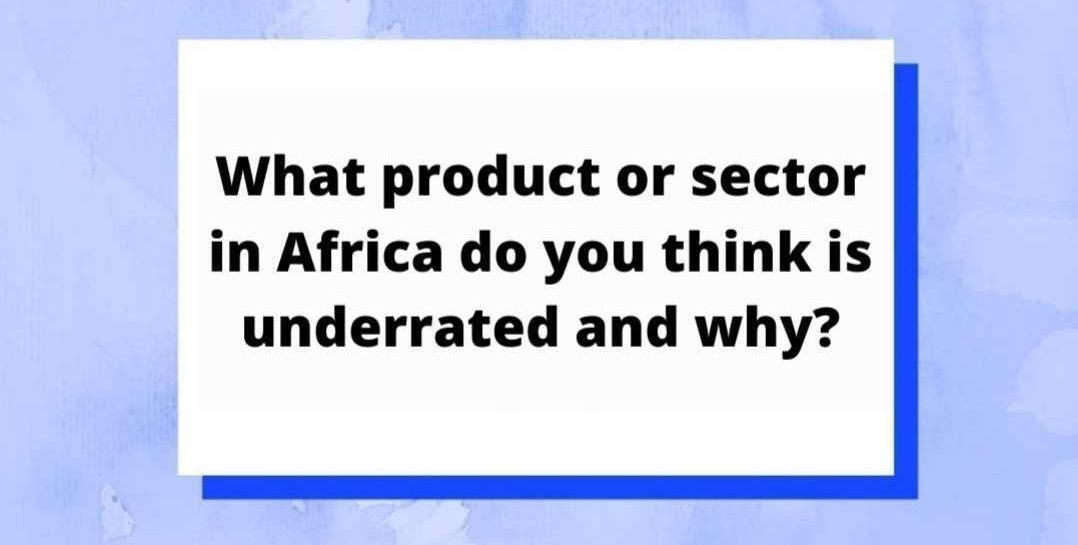
On Monday, we asked, “What African tech sector is underrated and why?”
Here are the most interesting responses:
- “Agritech (Nigerian context), because it doesn’t have that “sexy” appeal that Fintech has,” – P0liticalbaby.eth (@mao_0k, Twitter)
- “Proptech. Imagine how much productivity can be unleashed if innovation is applied to a sector that has over $900 Billion in dead assets,” – Diran O (@diranoteg, Twitter)
- “STEM and the creative industry it’s [sic] supposed to be the engine of the economy but because of oil economy, it’s not,” – Isaac Asia (@abyzzy, Instagram)
- “Mobility. The potentials there is [sic] great but suffering from the menace of the Area Boiz model,” – Gbenga Ojo (@bengaojo, Instagram)
- “EdTech. Education is at an all time low. If we are being serious, EdTech will be having the spotlight Fintech and Blockchain technology are enjoying,” – Ecosystem (@milli_chapo, Instagram)
Watch out for a new question on Monday.
OPPORTUNITIES
Unconventional Capital is now accepting funding applications from early-stage businesses and startups in Nigeria, Uganda, Kenya, and Rwanda.
Uncap invests in people and dreams so both individual founders and teams providing solutions to different sectors can apply to get $10,000 – $50,000 in funding.
Find out more and apply here.
JOB OPPORTUNITIES
Every week, we share job opportunities in the African ecosystem.
- BuyCoins – Technical Lead, Senior Backend Engineer, Technical Product Manager – Africa (Remote)
- TechCabal – Consumer Tech & Digital Culture Writer – Africa (Remote)
- Big Cabal Media – Business Development Intern, Senior Sales Manager – Lagos, Nigeria
- Wave – Country Launcher, Launch Business Operation Lead – Anglophone Africa
There are more opportunities here. If you’d like to share a job opening or an opportunity, please fill this form.
What else we’re reading
- The Kenya Film Commission has banned a movie, I Am Samuel, for promoting homosexuality in the country.
- Are four-day workweeks feasible? Well, the fintech unicorn Bolt is trying it out.
- Gig workers are burning fuel and burning out as they face the uncertainty that challenges their platforms. They’re also coming together to ask for change.
- Europe may be saying goodbye to type cables as the EU moves to mandate universal mobile charging ports for all devices.
- Nigerian businesses can now accept Apple Pay on Paystack.










